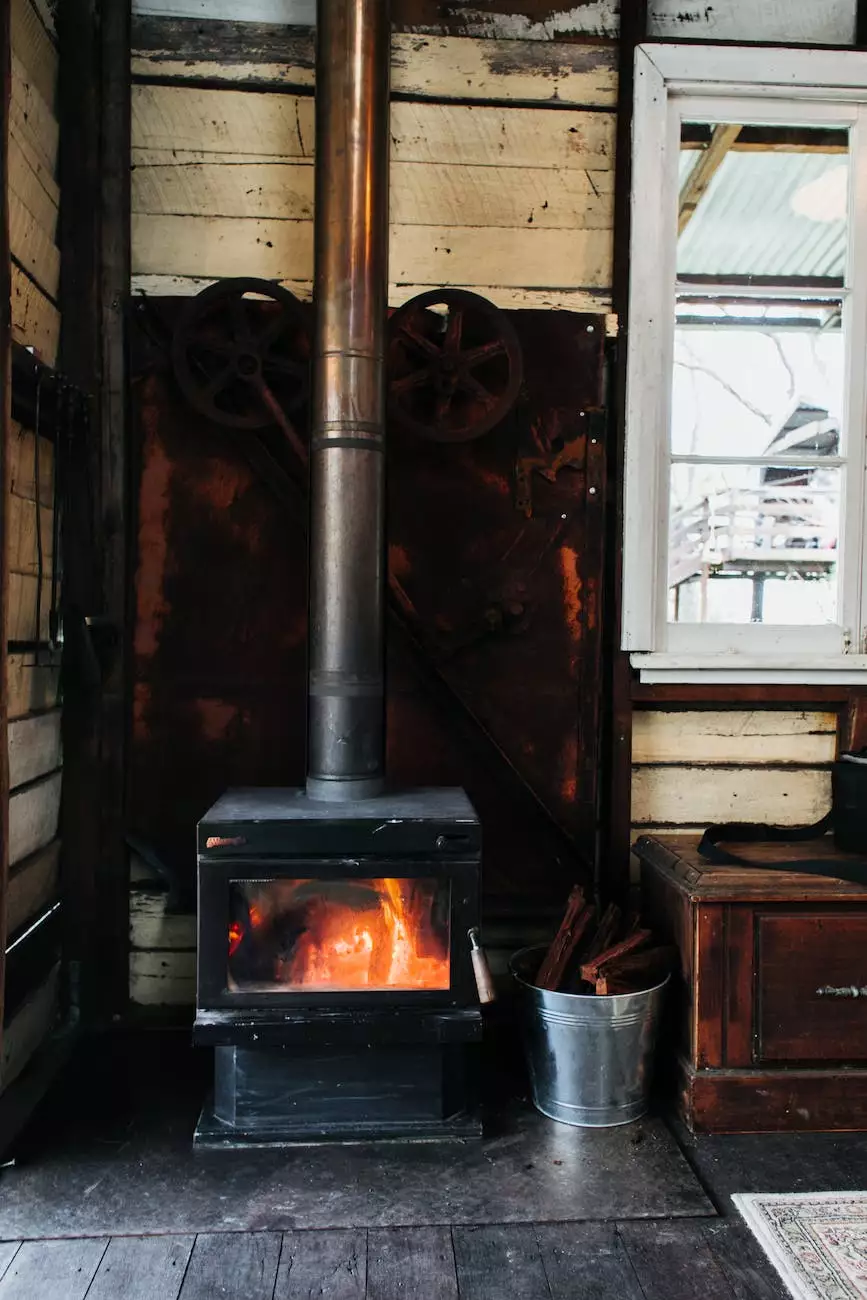House Inspection Rochester Hills: How To Prepare for Your House Inspection
Services Offered
Introduction
Welcome to Nicholas Home Inspection & Consulting, your trusted partner in house inspections in Rochester Hills. As the leading business in the field of consulting and analytical services, we are committed to providing you with the most comprehensive and high-quality house inspection services available. In this guide, we will walk you through the process of preparing for your house inspection, ensuring that you are well-prepared and confident when the inspection day arrives.
The Importance of House Inspections
Before diving into the preparation steps, let's briefly understand why house inspections are crucial. A house inspection serves as a thorough examination of your property, assessing its condition and identifying any potential issues or safety concerns. This evaluation helps you gain a better understanding of the property's overall condition, allowing you to make informed decisions about purchase, sale, or maintenance. By preparing for your house inspection, you can maximize its effectiveness and ensure a smooth process.
1. Clean and Declutter
Prior to your house inspection, it is essential to clean and declutter your home thoroughly. This step not only makes your property visually appealing but also allows the inspector to access various areas easily. Ensure that all rooms are tidy, removing any unnecessary items or clutter that may obstruct inspection or impede access to critical components such as electrical panels, heating systems, or crawlspaces.
2. Check Exterior Areas
The external areas of your house are equally important during an inspection. Take the time to inspect your roof, gutters, downspouts, and drainage systems. Clear any debris or leaves and repair or replace damaged sections. Trim any overgrown trees or bushes near the house, ensuring they don't pose any structural risks. Additionally, examine the condition of your exterior walls, windows, doors, and foundation, addressing any issues promptly.
3. Organize Documentation
Preparing relevant documentation in advance can help streamline the inspection process. Gather all paperwork related to your property, including permits, warranties, renovation records, or maintenance receipts. Presenting these documents to the inspector showcases your commitment to proper maintenance and may provide valuable insights during the inspection.
4. Test Smoke and Carbon Monoxide Detectors
Ensuring the functionality of smoke detectors and carbon monoxide detectors is crucial for your safety. Before the inspection, test these devices to verify if they are in proper working condition. Replace batteries if necessary, ensuring they are functioning correctly. This step demonstrates your attention to detail and reinforces a positive impression during the inspection.
5. Check Plumbing and HVAC Systems
Investigate your plumbing system, checking for any leaks, inconsistent water pressure, or drainage issues. Addressing these problems beforehand can prevent more significant complications later. Similarly, assess your HVAC (heating, ventilation, and air conditioning) systems, replacing air filters if needed. Performing these routine checks showcases your proactive approach to maintenance and preserves the longevity of these critical systems.
6. Inspect Electrical Components
Prioritize inspecting your electrical components, including outlets, switches, and electrical panels. Ensure that there are no loose wires, faulty outlets, or exposed electrical hazards. Replace or repair any damaged components to mitigate potential risks. By addressing these electrical concerns ahead of time, you create a safer environment for both yourself and the inspector.
7. Assess Structural Integrity
The structural integrity of your house plays a vital role in the overall inspection process. Start by examining your foundation for cracks, water damage, or signs of shifting. Address any concerns promptly, as a stable and secure foundation is crucial for the structural soundness of your property. Additionally, assess your walls, ceilings, and floors for any visible damage or signs of structural issues, such as sagging or warping.
8. Address Pest Control
Pest infestations can undermine the value and safety of your property. Schedule a pest control inspection before your house inspection, ensuring that your premises are free from termites, rodents, or other pests. If any issues arise during the inspection, promptly address the problem with the assistance of a professional pest control service. Demonstrating your commitment to maintaining a pest-free environment helps create a positive impression of your property.
Conclusion
Congratulations! By following these comprehensive guidelines, you are now well-prepared for your house inspection in Rochester Hills. At Nicholas Home Inspection & Consulting, we are dedicated to providing you with an exceptional experience, assuring you of our expertise and commitment to your property's well-being. We wish you a successful inspection and look forward to assisting you throughout your homeownership journey.




